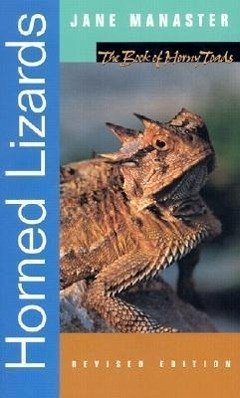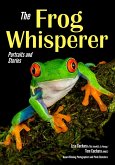Horned lizards, or horny toads, as they are popularly known throughout the West, have long had a particular mystique in American folklore. The ancient peoples of the Southwest, the Anasazi and the Mimbres, depicted the little lizard on pottery and in petroglyphs. In more recent times, it represented health and happiness in the symbology of Native Americans. Among Americans today, the horny toad has an almost legendary appeal. Many westerners remember times when the lizards were plentiful and children kept them on string leashes or in boxes as pets. Dried horned lizards were sold in the roadside curio shops along the nation's major highways. More recently, as the lizards' habitat has shrunk and as imported fire ants have supplanted their favored prey, their numbers have declined drastically In many regions where the little creatures once abounded, they are no longer seen. In Texas, two of the three native species, the Texas horned lizard and the mountain short-horned lizard, are now designated as threatened. Jane Manaster has written this book for a general audience, but she treats all aspects of the lizards' biology as well as the horned lizard's place throughout the culture of the West. Most of all, she has written it to attract attention to this little animal that deserves our respect and protection.
Bitte wählen Sie Ihr Anliegen aus.
Rechnungen
Retourenschein anfordern
Bestellstatus
Storno






